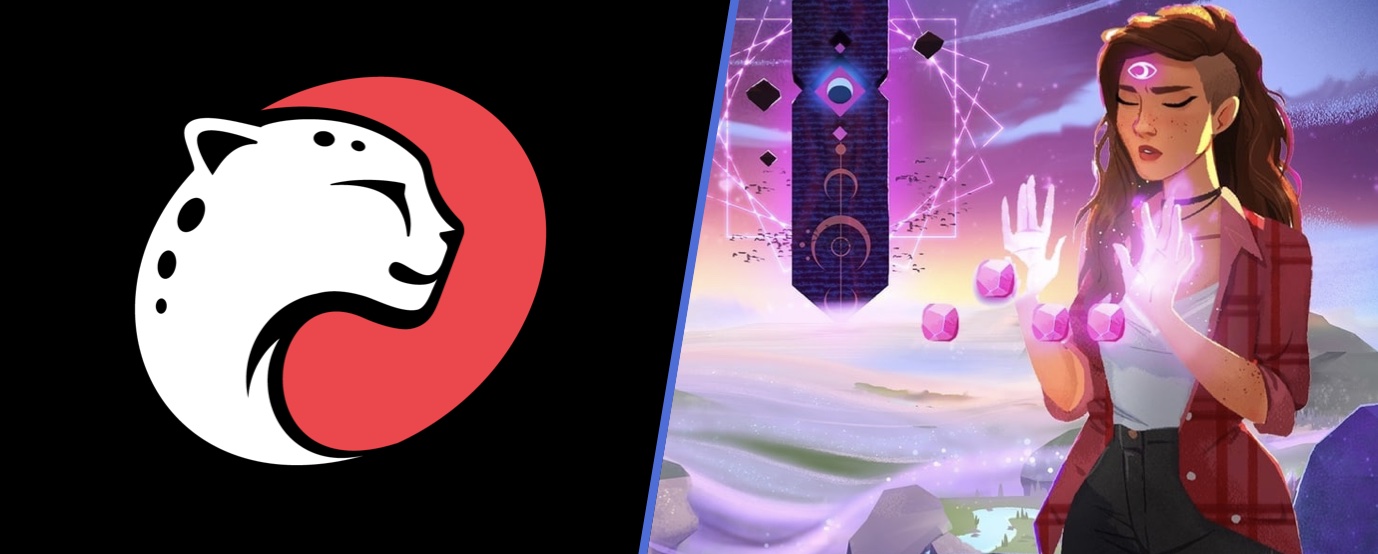Wooga’s parent company Playtika said it wouldn’t be launching any more new games for the foreseeable future back in February 2023. It was a move that summed up a lot of what was going on early last year as the mobile business reeled from a post-ATT, post-COVID slump.
But even before that striking announcement, there were signs it was tough out there. Wooga’s story-led match 3 Switchcraft soft launched in July 2020 and released globally in October 2021, but by May 2022 it was clear the game was underperforming.
Playtika said in an earnings call that Switchcraft had been “deprioritised”, with marketing support pulled and most of its development team re-assigned roles elsewhere within Wooga, all under a year after the game had gone global.
The studio had seen success among older female players with Pearl’s Peril and later June’s Journey, but as Wooga’s managing director Nai Chang tells us, the studio’s creative teams believed they could target a younger audience, and had plenty of stories it wanted to tell within that market.
“Anytime that you’re trying to create a game, there’s these two circles where we think about the mechanic and the story, and what age groups it appeals to,” says Chang. “And what we want to do, obviously, is to cover the whole audience in both circles, but you sometimes run the risk of only getting to the overlap of those two circles.”
“I think Switchcraft had more of this issue, it was scalability. The audience that’s in that overlap – the younger people that enjoy match 3 – really enjoyed the story and enjoyed the game. But the scalability of the game was less than what we’d hoped for.”
Chang is very clear that the decision to move on from the game was Wooga’s, not Playtika’s, which had previously closed Best Fiends studio Seriously and drastically re-organised Redecor maker Reworks. “This was separate from the Playtika decisions and announcements where they did close down a lot of studios in their portfolio,” says Chang. “This was purely us.”

“It had been a soft launch for a while, and what we didn’t know was if we could actually scale in the US,” Chang explains further. “Sometimes you have a game with metrics so good that you know you can get this to launch and scale up from the sample size because of how good the long-term retention is.”
“With Switchcraft it was a little bit different, there were some questions…it looked kind of good here, maybe not as good there…the main question for us was can we actually scale this game, because the CPIs and our marketing spend was very high.”
“We wanted to launch it so we can see if we can get more market traction than what we were seeing in our soft launch tests,” Chang continues. “When that didn’t turn out the way we wanted, we still gave it time to go through a couple of iterations and cycles of releases. But we also didn’t want to dwell on it if it wasn’t going to reach its potential.”

Switchcraft is still available on app stores, but appears to now be on auto-pilot as Wooga explores other avenues. Chang says the experience taught his team plenty about how to launch its next game.
“The key learning is we want we want to do more market validation on scalability throughout development,” says Chang. “We did it in the beginning, we did it in soft launch, but for projects that we work on now, we do validation throughout all the different milestones.”
Since Switchcraft, Wooga has worked with Netflix to bring Ghost Detective to its growing games offering, a game that once entered soft launch as a free-to-play title but was reworked for the streaming giant’s IAP and ad-free games offering.
In the near term, Wooga is now doubling down on making games for the audience it understands the most.
“We’re always thinking about new games and working on projects,” says Chang. “When something makes sense, we tend to try and take it into production to get that understanding of where it is.”
“It’s a matter of timeline. For our most immediate project, we would be focusing on this [June’s Journey] audience, because there’s so much opportunity to expand the share of entertainment, time and wallet share that we have with them,” adds Chang. “We only have a portion, there’s so much more that we don’t capture for these people.”
“But then in the mid-term, we want to take a bigger step forward in terms of filling that unmet need, not just with our audience – I’m talking about wanting much better immersion in the kinds of games that we have, as we look at future projects. We are looking at the audience and saying, okay, is this the right time for us to start to expand?”



